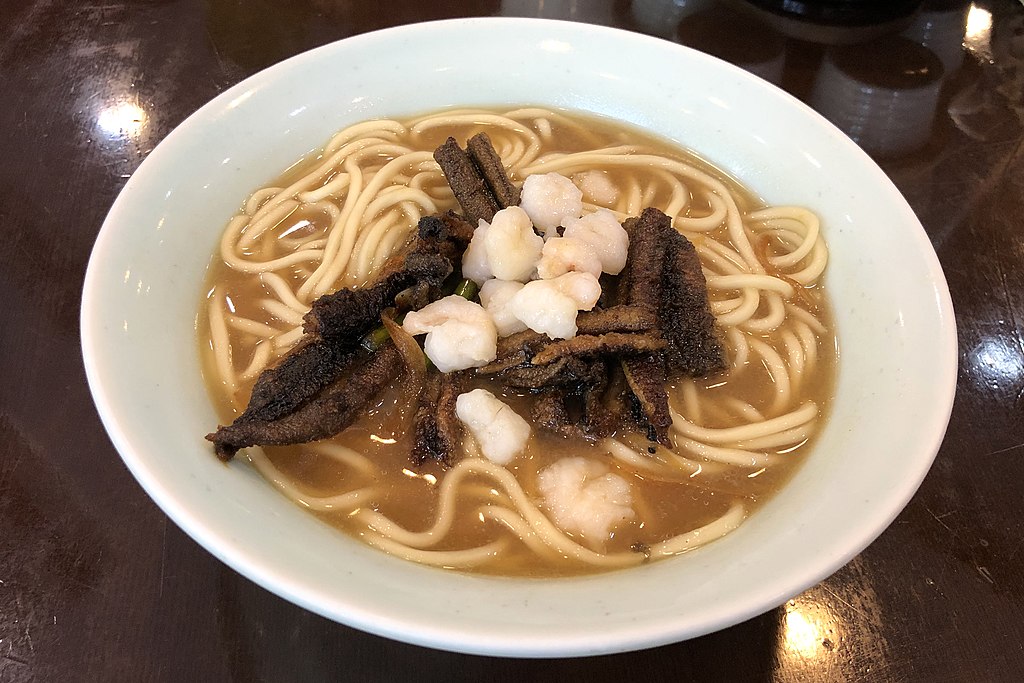Much like the drive to eliminate shark fin soup from the world’s restaurants and to save the world’s bluefin tunas, a group of hotel chefs has moved to immediately remove eel from their menus.
The 21 members of Relais & Châteaux’s World Culinary Council are urging the rest of the group’s 580 hotels and restaurants to do the same after its NGO partner Ethic Ocean launched an alert that public authorities listen to scientists who recommend suspending European eel fishing.
The European eel (Anguilla anguilla), which is featured in menus all over the world, especially in French, Spanish, Belgian, Dutch and Japanese culinary cultures, is considered critically endangered and features on the International Union for Conservation of Nature’s Red List of Threatened Species. For two decades, European scientists from the International Council for the Exploration of the Sea have warned about the alarming decline of this species, but for the last three years, they have recommended a complete ban on fishing the species.
In this context, the 21 Relais & Châteaux chefs elected to the Association’s World Culinary Council gathered in October and voted to approve an immediate ban of European eel from its menus. In partnership with Ethic Ocean, Relais & Châteaux calls on the 27 European Union ministers to hear this chef mobilization and scientific recommendation in order to take the necessary measures this December to safeguard this species.
The effort follows a similar approach taken by the association in 2009 to save the bluefin tuna (Thunnus thynnus) after stocks in the North-East Atlantic Ocean and the Mediterranean Sea were close to collapsing. This action contributed to public mobilization around this species, which encouraged legislators to enact management measures to safeguard bluefin tuna.
The situation with eels is alarming because they suffer from a numerous challenges including water pollution (particularly rivers), habitat destruction, dams that impede their biological cycle and illegal fishing, which has created a black market, fetching up to €5,000 per kilo. Eels are the only fish that are targeted at their juvenile stage on top of the fact that it takes them a long time to reach reproductive maturity.
While it is urgent to suspend eel fishing today, the council added that it is crucial that public authorities take the necessary measures to fight against the other causes of the species’ decline
Mauro Colagreco, Vice President, Chefs of Relais & Châteaux and head of the World Culinary Council said “chefs have a critical role to play: we can stop the demand. We have a chance to protect eels from becoming extinct, and of preserving biodiversity to allow future generations to continue to enjoy them, but only if we act now. As the world’s largest network of chefs, Relais & Châteaux hopes to save this species.”
It’s not only chefs that can stop the demand. Travellers can do their part by simply not ordering eel at any hotel or restaurant in the countries they visit.
It’s one more example of how people can be more conscious when they travel. Recently, Travelzoo invited the public to take an online pledge to become more conscious travellers. Within the first 72 hours, more than 10,000 people publicly pledged to do so by using the hashtag #TravelforTomorrow.
Christina Sindoni Ciocca, Chair of Travelzoo, said: “10,000 pledges is a good start. Making a pledge only takes a minute. We continue to call on travel enthusiasts across the world to pledge.”
What are you doing to make better choices when you travel?


